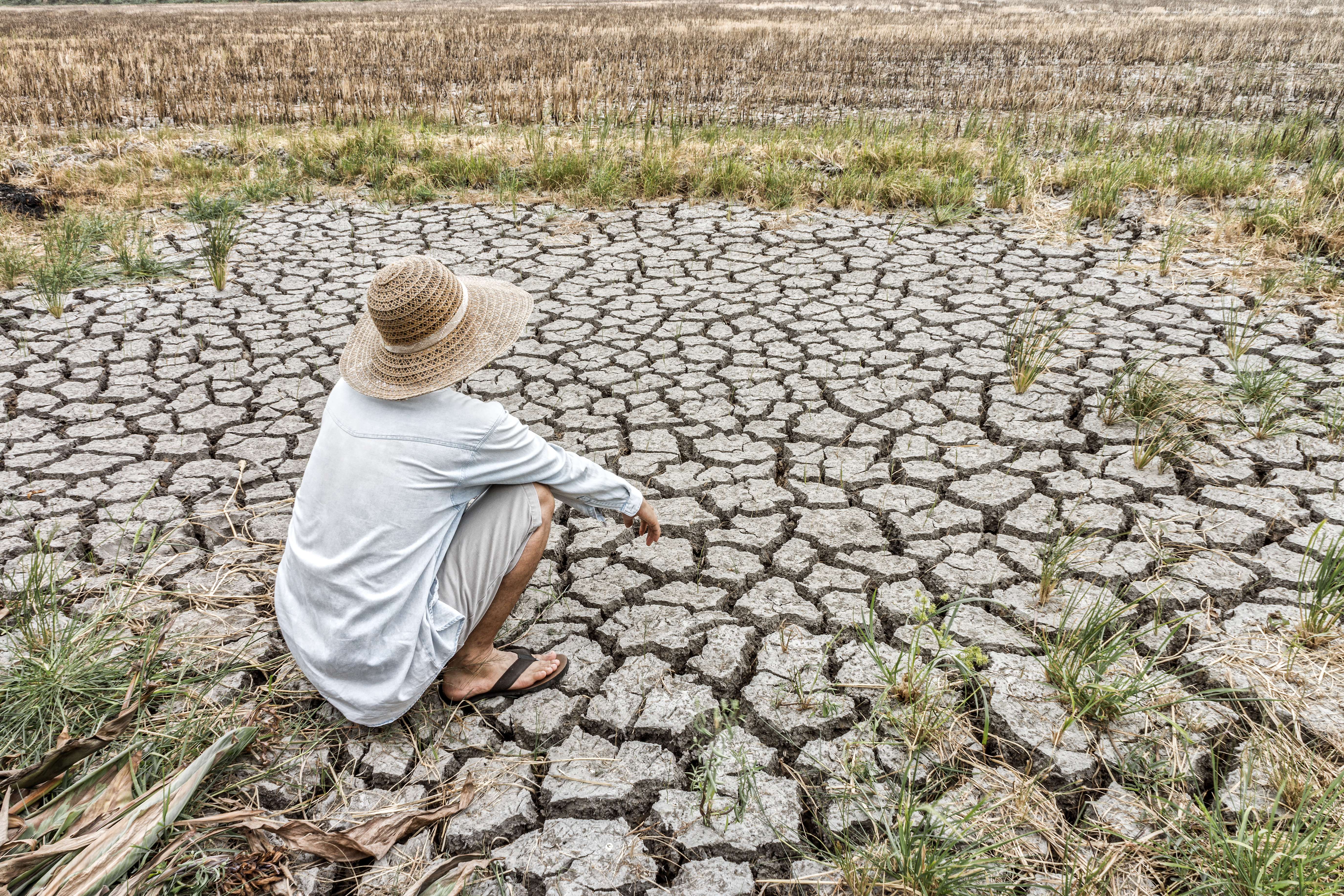“Climate change most important security issue of our time” – German foreign minister
Germany is aiming to decarbonise its electricity system by 2035 alongside other G7 nations as a contribution to fight climate change, chancellor Olaf Scholz said at the 13th Petersberg Climate Dialogue in Berlin. Scholz highlighted the recently adopted targets of getting 80 percent of electricity from renewables by 2030, and produce 50 percent of heat in a climate neutral manner by the same year. However, he also stressed that Germany and other countries currently needed to find fossil substitutes for Russian energies because it is needed in factories “that often produce the very technology we need to achieve climate neutrality,” he said. “However, it is also clear that everything we do today has to be in conformity with the goal of becoming climate neutral in Germany and worldwide. Specifically, this means not creating any new dependencies on fossil fuels, not here and not in the producing countries,” Scholz said.
Scholz reiterated a promise by former chancellor Angela Merkel to increase Germany’s contribution to international climate finance to 6 million euros by 2025. However, NGO’s have pointed out that this target is not reflected in the federal budget. “What’s needed now is a reliable growth path towards 2025,” said Christoph Bals, the political director of Germanwatch. NGO Oxfam criticised the government’s plan to at least partially use existing budgets from other development cooperation funds to fulfil its promise, instead of providing additional money. Sascha Müller-Kraenner, managing director of Climate Action Germany (DUH) called on Scholz to increase the federal budget for climate finance from its current 4 billion euros to 8 billion euros annually by 2025 at the latest.
Mitigating global warming must remain a key priority, meaning that all countries have to cut greenhouse gas emissions faster, and especially the major economies have a responsibility to do so, Germany’s foreign minister Annalena Baerbock said at the opening of the conference. Calling climate change the “most important security issue of our time,” Baerbock reassured the 40 ministers participating in the meeting that Germany was going to stick to both its financial commitments and emission reduction targets, despite for a short period reverting to the use of more coal power as a backup. “There is no use beating about the bush. In the short term, we have to take tough decisions that we don’t like to reduce our dependency on Russian gas and oil,” she said. However, Germany would not pause its drive to increase renewables, she said. “This is probably not what President Putin intended, but with this war against Ukraine, we are fighting even harder for renewable energy. Russia’s war has convinced the last person in Germany that we need more renewables and energy efficiency to safeguard not only the climate but also our energy security. Renewable energy is also freedom energy in this time,” she said.
Initiated by former German chancellor Angela Merkel after the UN climate summit in Copenhagen, the Petersberg Climate Dialogue is held every year in the summer to enable minister-level talks on climate policy and prepare the next global climate meeting, in this case COP27 in Egypt in November 2022.
Minister Baerbock also promised that the Petersberg Dialogue would “give the attention they deserve” to the issues of adaptation, loss, and damage. The development ministry will present a concept for a new “global climate risk shield” that is to help developing countries reduce future climate damage. Backed by the G7 heads of state and government at their recent meeting in Bavaria, the aim is to launch the shield at the COP in Egypt. “We must recognise that climate damage exists and that it is precisely the most vulnerable countries that need our solidarity to deal with it. Here, we want to build bridges with solutions for the next global climate conference in Egypt,” development state secretary Jochen Flasbarth said in a press release. The shield will entail early warning systems and precautionary plans with rapid financing schemes when damaging events occur. These include insurance or social security systems that make money immediately available when a drought or flood occurs and destroys peoples’ crops and livelihoods.
Oxfam’s Jan Kowalzig said that insurances such as the climate security shield could play an important role when addressing the rather rare extreme weather events, but they were not covering the damage incurred through gradual and longterm changes, such as sea level rise. “The planned shield does not change the fact that the upcoming UN climate conference COP27 urgently needs to decide on appropriate mechanisms to reliably provide financial support for dealing with the consequences of climate damage."
Industrialised economies have to live up to their responsibilities and promises they made in Paris, Germany’s Baerbock said. “That means finally delivering on the 100-billion-dollar goal on climate financing and doubling collective adaptation finance from 2019 levels,” she said. Alok Sharma, president of last year’s COP 26 in Glasgow, said that industrialised countries would only fulfil their financing goal later, in 2023, but that this made it even more important to fully deliver on this pledge. The European Commission’s Executive Vice-President and climate chief Frans Timmermans said that the EU will continue to be the world’s biggest donor and will in the future increase its climate finance.

